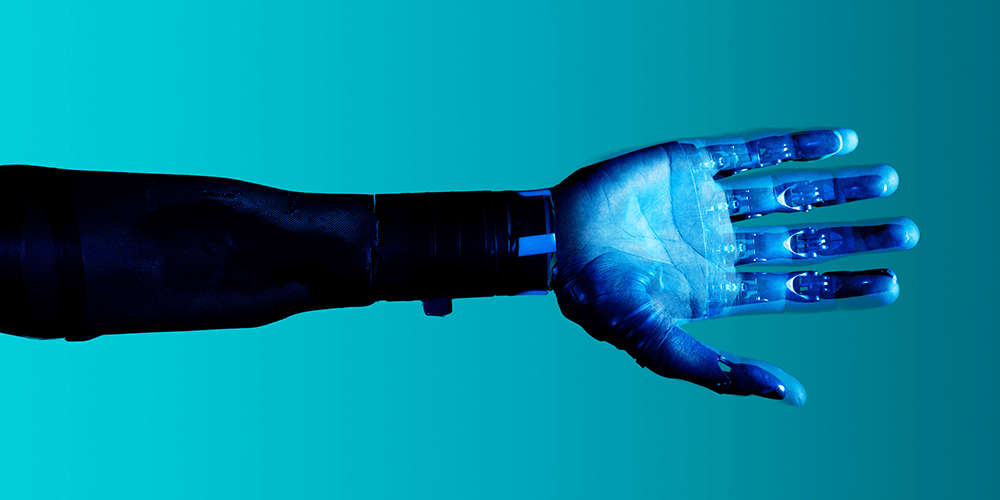- Solutions
- Products
- Community
- Resources
- Company
Create incredible candidate experiences that communicate your brand, mission, and values with recruitment marketing solutions.
Learn moreCommunicate effectively and efficiently with the candidates that can drive your business forward.
Learn moreSelect the right candidates to drive your business forward and simplify how you build winning, diverse teams.
Learn moreHelp your best internal talent connect to better opportunities and see new potential across your entire organization.
Learn moreCommunicate collectively with large groups of candidates and effectively tackle surges in hiring capacity.
Learn moreAccess tools that help your team create a more inclusive culture and propel your DEI program forward.
Learn moreRebound and respond to the new normal of retail with hiring systems that are agile enough to help you forge ahead.
Learn moreAccelerate the hiring of key talent to deliver point of care and support services that meet and exceed your promise of patient satisfaction.
Learn moreAttract and engage candidates with technical competencies, accelerate hiring for much-needed skills, and advance expertise within your valued workforce.
Learn moreSimplify how you recruit finance, insurance, and banking candidates with a unified platform built to match top talent with hard-to-fill roles.
Learn moreYour business strategy depends on your people strategy. Keep both in lockstep with the iCIMS Talent Cloud.
Learn moreBuild an engaging, high-converting talent pipeline that moves your business forward.
Learn moreDeliver the innovation your talent team needs, along with the global scale and security you demand.
Learn moreDeliver tailored technology experiences that delight users and power your talent transformation with the iCIMS Talent Cloud.
Learn moreThe #1 ATS in market share, our cloud-based recruiting software is built for both commercial and large, global employers.
Learn more Talk to salesAttract the best talent for your business with powerful, on-brand career websites that excite candidates and drive engagement.
Learn more Talk to salesCombine behavior-based marketing automation with AI insights to build talent pipelines, engage candidates with multi-channel marketing campaigns, and automatically surface the right talent for the job.
Learn more Talk to salesEmpower candidates with automated self-service, qualification screening, and interview scheduling through an AI-enabled digital assistant.
Learn more Talk to salesSimplify employee onboarding with automated processes that maximize engagement and accelerate productivity.
Learn more Talk to salesVerify skills with game-changing levels of automation and simplicity to improve the quality of hire at scale.
Learn more Talk to salesModernize, streamline, and accelerate your communication with candidates and employees.
Learn more Talk to salesTransform the talent experience by showcasing your authentic employer brand through employee-generated video testimonials.
Learn more Talk to salesSimplify recruiting, dynamically engage talent, and reduce hiring bias with job matching and recruiting chatbot technology.
Learn moreStreamline and centralize your HR tech stack with configurable, flexible, secure and reliable integrations.
Learn moreHow a beloved restaurant hires 40,000+ annually with a great candidate experience.
Learn moreThousands strong, our global community of talent professionals includes creatives, innovators, visionaries, and experts.
Learn moreTogether we’re creating the world’s largest ecosystem of integrated recruiting technologies.
Learn morePartner with our global professional services team to develop a winning strategy, build your team and manage change.
Learn moreExplore our network of more than 300 certified, trusted third-party service and advisory partners.
Learn moreUncover unique market insights, explore best practices and gain access to talent experts across out library of content.
Get resourcesExpert guidance about recruitment solutions, changes in the industry, and the future of talent.
Learn moreStay up to date with the latest terminology and verbiage in the HR software ecosystem.
Learn moreEmployers everywhere improve hiring efficiently and save money using iCIMS. Estimate the potential business value you can achieve.
Learn moreDive into the Class of 2023 Report highlighting this cohort’s expectations and where employers are willing — and able — to meet them.
Watch nowPartner with iCIMS to build the right strategies, processes, and experience to build a winning workforce.
Learn moreExpert guidance about recruitment solutions, changes in the industry, and the future of talent.
Learn moreDeliver the innovation your talent team needs, along with the global scale and security you demand.
Learn moreView press releases, media coverage, and the latest hiring data. See what analysts are saying about iCIMS.
Learn moreiCIMS is the Talent Cloud company that empowers organizations to attract, engage, hire, and advance the talent that builds a winning workforce.
Learn moreGet to know the award-winning leadership team shaping the future of the recruiting software industry.
Learn moreWe believe the future of work isn't something that "happens" to you. It's something you create. We actively create the future of work with our customers every day.
Learn moreiCIMS is committed to being a responsible and ethical corporate citizen, which is why Environmental, Social and Governance (ESG) initiatives are strategic imperatives.
Learn moreStreamline your tech stack and take advantage of a better user experience and stronger data governance with ADP and the iCIMS Talent Cloud.
Learn moreThe combined power of iCIMS and Infor helps organizations strategically align their business and talent objectives.
Learn moreOur award-winning partnership with Microsoft is grounded in a shared desire to transform the workplace and the hiring team experience.
Learn moreOur partnership with Ultimate Kronos Group (UKG) supports the entire talent lifecycle by bringing frictionless recruiting solutions to UKG Pro Onboarding.
Learn moreLet’s get in touch. Reach out to learn more about iCIMS products and services.
Learn more

It’s time for your team to fill an open position and with that, comes a ton of paperwork, repetitive administrative tasks and a time-consuming process that can become stressful and aggravating to both your employee and the new hire.
To ease the pressure and instill trust between the recruiter and the candidate, automation is the key driver to a streamlined, stress-free hiring process that will enable your team to focus on what truly matters – hiring quality candidates to support business growth.
With the introduction of new recruitment technologies, it might be difficult to find one that best fits your team. To clear the waters, the information below will help you determine how to make the best choice.
Robotic Process Automation (RPA) is a software robot that supports high-volume recruitment by preforming clerical tasks that can improve accuracy and accelerate data processing, such as payroll, benefits enrollment, onboarding and compliance reporting – tasks that can take your team loads of time to complete due to manual, repetitive labor. To do this, RPA technology is rule-based and follows a specific set of instructions set by the user.
Artificial Intelligence (AI) is a computer system that had the ability to imitate a human’s responses and makes deductions through machine learning. AI goes far beyond performing clerical tasks – it can adapt to a new environment while learning new outcomes to improve. Not only can AI handle operational tasks, but it can support complex stages within the recruitment lifecycle – such as, sourcing, interviews and onboarding.
In fact, according to a recent Korn Ferry global survey, 63 percent of 800 HR professionals surveyed said that AI has already changed the way they recruit by automating tasks such as candidate sourcing, applicant screening and interview scheduling.
Simply, both RPA and AI will help your HR team trim down their recruitment checklist to accelerate the hiring process. However, depending on your organization’s use case, one might be better than the other.
Both RPA and AI are great tools that can support your hiring efforts, however, choosing the right one that best fits your needs might be a little tricky for first-timers.
RPA is process driven and caters to organizations that lean on disparate systems and a disjointed hiring processes to hire talent. Companies who chose to implement RPA into their current recruitment platform, are looking for a quick implementation (weeks or months) and low costs. In other words, some see this as a quick fix to hit the ground running with recruitment.
On the other hand, AI is data-centric. For instance, RPA can input information into an offer letter based on the data that has been inserted into the system, whereas AI, will intelligently scan the offer letter and pull out important information (salary, role description, etc.) to deliver or track based on the user’s needs.
Think of this way – AI is seen as the thinker, whereas RPA is the doer. Many organizations use RPA technology as the digital stairway to the automation world, however, once they’ve kicked off, they’ll turn to AI to elevate and improve their automation efforts through quality data and an improved HR workflow.
Organizations are using AI to improve their candidate’s job search experience with Google-optimized job postings and with TextRecruit’s AI-powered customizable recruiting chatbot, ARI, organizations can engage and convert passive candidates to active job seekers, faster.
Machine learning capabilities allow Google to identify and showcase available jobs the minute they’re posted on your career site – allowing employers to cut the middle men and unwanted recruitment advertising costs.
In terms of prioritizing compliancy and preventing data processing errors, RPA technology can automate recruitment tasks, remove process delays and cleanse data to ensure consistency across multiple systems.
Overall, new technologies will continue to impact what recruiting looks like and a recruiter’s role will not be obsolete. However, your organization’s leadership team will need to stay up-to-date on recruiting technology to identify what aligns with their organization’s business objectives to drive expansion and growth.




